Film career - 1933–1943
From the trailer for Mutiny on the Bounty (1935)
After his smashing success in The Private Life of Henry VIII, Laughton soon abandoned the stage for films and returned to Hollywood, where his next film was White Woman (1933) in which he co-starred with Carole Lombard as a Cockney river trader in the Malayan jungle. Then came The Barretts of Wimpole Street (1934) as the malevolent father of Norma Shearer's character (although Laughton was only three years older than Shearer); Les Misérables (1935) as Inspector Javert; one of his most famous screen roles in Mutiny on the Bounty (1935) as Captain William Bligh, co-starring with Clark Gable as Fletcher Christian; and Ruggles of Red Gap (1935) as the very English butler transported to early 1900s America. He signed to play Micawber in David Copperfield (1934), but after a few days' shooting asked to be released from the role and was replaced by W. C. Fields.
Back in the UK, and again with Korda, he played the title role in Rembrandt (1936). In 1937, also for Korda, he starred in an ill-fated film version of the classic novel, I, Claudius, by Robert Graves, which was abandoned during filming owing to the injuries suffered by co-star Merle Oberon in a car crash. After I, Claudius, he and the expatriate German film producer Erich Pommer founded the production company Mayflower Pictures in the UK, which produced three films starring Laughton: Vessel of Wrath (US title The Beachcomber) (1938), based on a story by W. Somerset Maugham, in which his wife, Elsa Lanchester, co-starred; St. Martin's Lane (US title Sidewalks of London), about London street entertainers, which featured Vivien Leigh and Rex Harrison; and Jamaica Inn, with Maureen O'Hara and Robert Newton, about Cornish shipwreckers, based on Daphne du Maurier's novel, and the last film Alfred Hitchcock directed in Britain before moving to Hollywood in the late 1930s.
The films produced were not commercially successful enough, and the company was rescued from bankruptcy only when RKO Pictures offered Laughton the title role (Quasimodo) in The Hunchback of Notre Dame (1939), with Jamaica Inn co-star O'Hara. Laughton and Pommer had plans to make further films, but the outbreak of World War II, which implied the loss of many foreign markets, meant the end of the company. Laughton's early success in The Private Life of Henry VIII established him as one of the leading interpreters of the costume and historical drama roles for which he is best remembered (Nero, Henry VIII, Mr. Barrett, Inspector Javert, Captain Bligh, Rembrandt, Quasimodo, and others); he was also type-cast as arrogant, unscrupulous characters.
He largely moved away from historical roles when he played an Italian vineyard owner in California in They Knew What They Wanted (1940); a South Seas patriarch in The Tuttles of Tahiti (1942); and a U.S. admiral during World War II in Stand By for Action (1942). He played a Victorian butler in Forever and a Day (1943) and an Australian bar-owner in The Man from Down Under (1943). Simon Callow's 1987 biography quotes a number of contemporary reviews of Laughton's performances in these films. James Agate, reviewing Forever and a Day, wrote: "Is there no one at RKO to tell Charles Laughton when he is being plain bad?" On the other hand, Bosley Crowther of The New York Times declared that Forever and a Day boasted "superb performances".
C. A. Lejeune, wrote Callow, was "shocked" by the poor quality of Laughton's work of that period: "One of the most painful screen phenomena of latter years", she wrote in The Observer, "has been the decline and fall of Charles Laughton." On the other hand, David Shipman, in his book The Great Movie Stars: The Golden Years, said "Laughton was a total actor. His range was wide".
1943–1962
Laughton in The Suspect (1944)
As Henry VIII in Young Bess (1953)
Laughton played a cowardly schoolmaster in occupied France in This Land is Mine (1943), by Jean Renoir, in which he engaged himself most actively; in fact, while Renoir was still working on an early script, Laughton would talk about Alphonse Daudet's story "The Last Lesson", which suggested to Renoir a relevant scene for the film. Laughton played a henpecked husband who eventually murders his wife in The Suspect (1944), directed by Robert Siodmak, who would become a good friend.
He played sympathetically an impoverished composer-pianist in Tales of Manhattan (1942) and starred in The Canterville Ghost, based on the Oscar Wilde story in 1944.
Laughton appeared in two comedies with Deanna Durbin, It Started with Eve (1941) and Because of Him (1946). He portrayed a bloodthirsty pirate in Captain Kidd (1945) and a malevolent judge in Alfred Hitchcock's The Paradine Case (1947). Laughton played a megalomaniac press tycoon in The Big Clock (1948). He had supporting roles as a Nazi in pre-war Paris in Arch of Triumph (1948), as a bishop in The Girl from Manhattan (1948), as a seedy go-between in The Bribe (1949), and as a kindly widower in The Blue Veil (1951). He played a Bible-reading pastor in the multi-story A Miracle Can Happen (1947), but his piece wound up being cut and replaced with another featuring Dorothy Lamour, and in this form the film was retitled as On Our Merry Way. However, an original print of A Miracle Can Happen was sent abroad for dubbing before the Laughton sequence was deleted, and in this form it was shown in Spain as Una Encuesta Llamada Milagro.
Laughton made his first colour film in Paris as Inspector Maigret in The Man on the Eiffel Tower (1949) and, wrote the Monthly Film Bulletin, "appeared to overact" alongside Boris Karloff as a mad French nobleman in a version of Robert Louis Stevenson's The Strange Door in 1951. He played a tramp in O. Henry's Full House (1952). He became the pirate Captain Kidd again, this time for comic effect, in Abbott and Costello Meet Captain Kidd (1952). Laughton made a guest appearance on the Colgate Comedy Hour (featuring Abbott and Costello), in which he delivered the Gettysburg Address. In 1953 he played Herod Antipas in Salome, and he reprised his role as Henry VIII in Young Bess, a 1953 drama about Henry's children.
He returned to Britain to star in Hobson's Choice (1954), directed by David Lean. Laughton received Academy Award and Golden Globe nominations for his role in Witness for the Prosecution (1957). He played a British admiral in Under Ten Flags (1960) and worked with Laurence Olivier in Spartacus (1960). His final film was Advise & Consent (1962), for which he received favourable comments for his performance as a Southern US Senator (for which accent he studied recordings of Mississippi Senator John C. Stennis).
The Night of the Hunter and other projects
Main article: The Night of the Hunter (film)
In 1955, Laughton directed The Night of the Hunter, starring Robert Mitchum, Shelley Winters and Lillian Gish, and produced by his friend Paul Gregory. The film has been cited among critics as one of the best of the 1950s,[18] and has been selected by the United States National Film Registry for preservation in the Library of Congress. At the time of its original release it was a critical and box-office failure, and Laughton never directed again. The documentary Charles Laughton Directs The Night of the Hunter by Robert Gitt (2002) features preserved rushes and outtakes with Laughton's audible off-camera direction.
Laughton had intended to follow up The Night of the Hunter with an adaptation of Norman Mailer's The Naked and the Dead. Terry and Dennis Sanders were hired as writers, and press releases announced that Robert Mitchum was to star and that Walter Schumann would compose the score.[20][21] Following the box-office failure of The Night of the Hunter, Laughton was replaced by Raoul Walsh as director on the film and recruited an uncredited writer to rewrite the Sanders brothers' screenplay.[
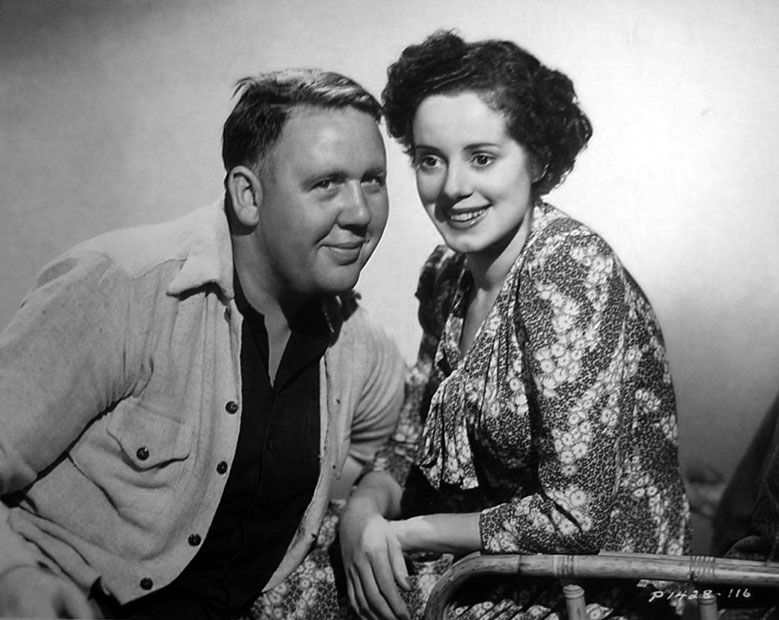
 Amanda S. Stevenson
Amanda S. Stevenson 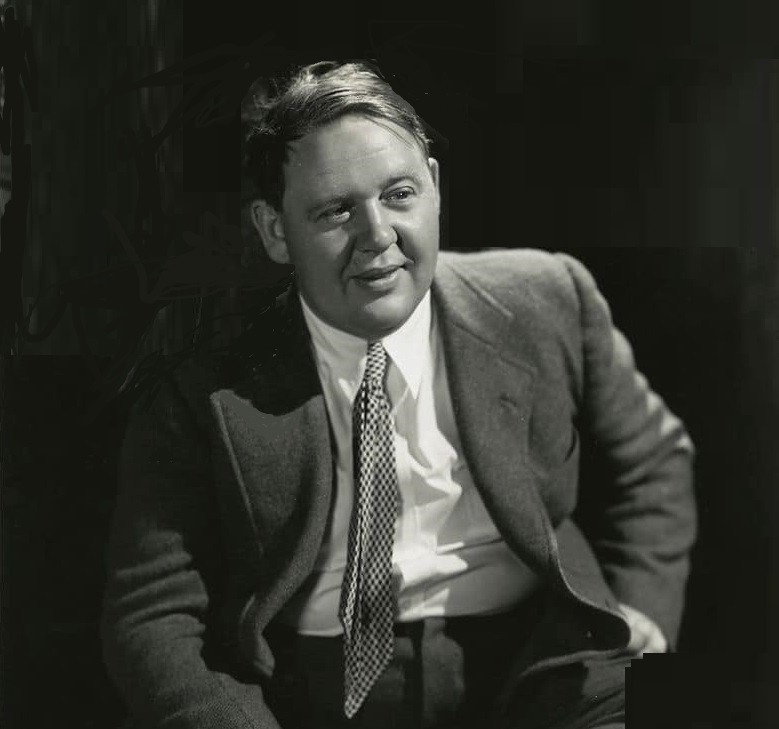
 Amanda S. Stevenson
Amanda S. Stevenson 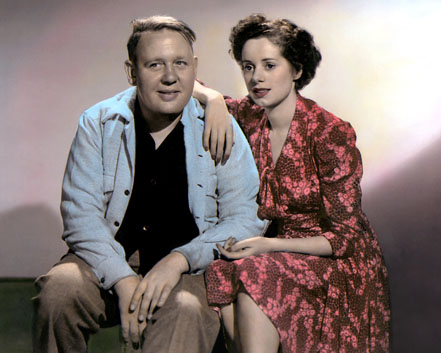
 Amanda S. Stevenson
Amanda S. Stevenson 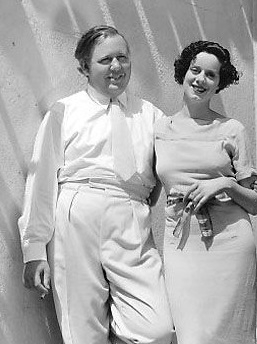
 Amanda S. Stevenson
Amanda S. Stevenson 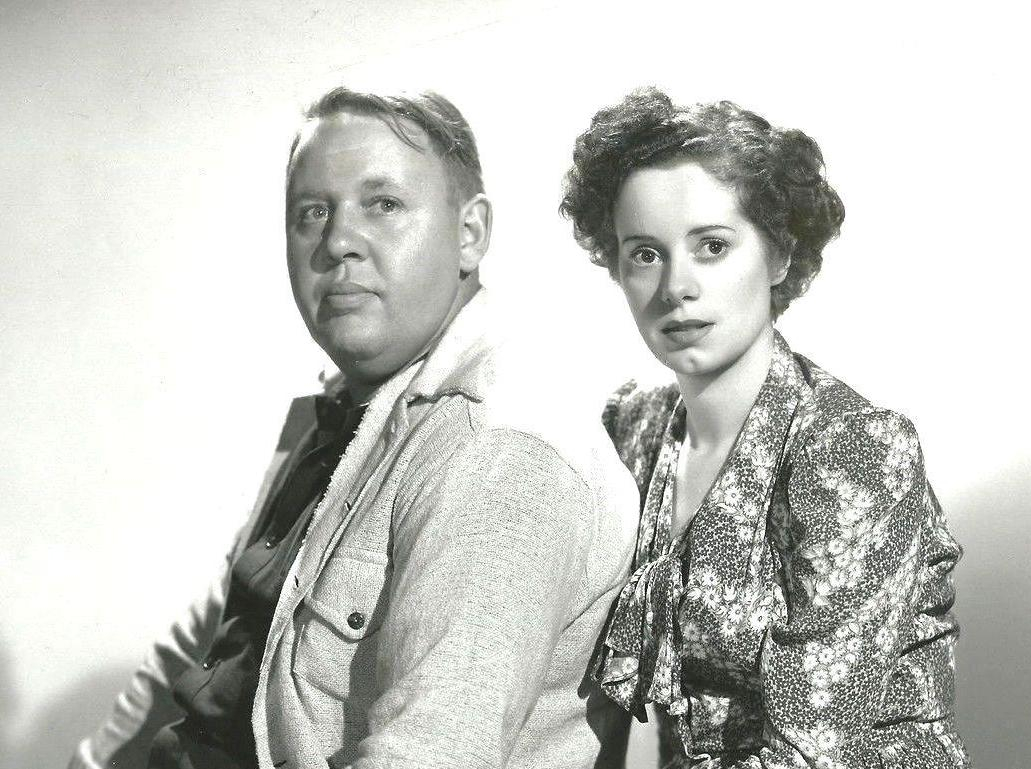
 Amanda S. Stevenson
Amanda S. Stevenson 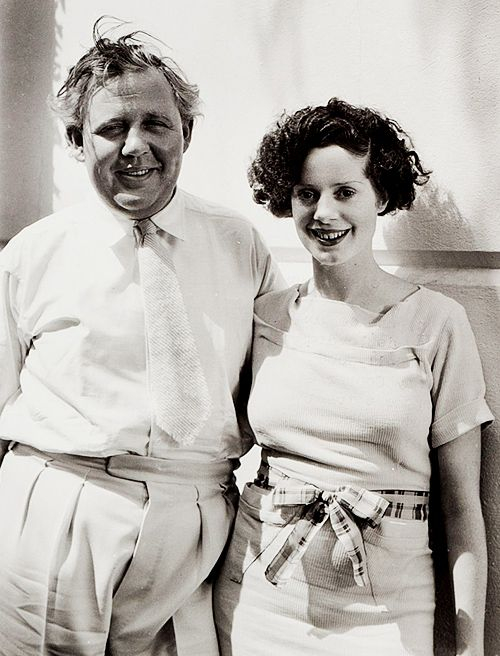
 Amanda S. Stevenson
Amanda S. Stevenson 